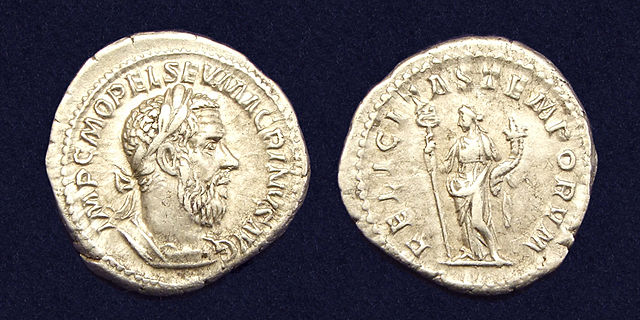Municipium Cives Romanorum Felicitas Julia Olisipo was the ancient name of modern-day Lisbon while it was part of the Roman Empire.
Lisbon Roman theatre
Roman theatre stone re-used in the Lisbon Cathedral
Part of the old city wall
Rua dos Correeiros Archaeological Centre
In ancient Roman culture, felicitas is a condition of divinely inspired productivity, blessedness, or happiness. Felicitas could encompass both a woman's fertility and a general's luck or good fortune. The divine personification of Felicitas was cultivated as a goddess. Although felicitas may be translated as "good luck," and the goddess Felicitas shares some characteristics and attributes with Fortuna, the two were distinguished in Roman religion. Fortuna was unpredictable and her effects could be negative, as the existence of an altar to Mala Fortuna acknowledges. Felicitas, however, always had a positive significance. She appears with several epithets that focus on aspects of her divine power.
Phallic relief with the inscription "Felicitas dwells here"
AR Denarius of Macrinus, reverse side with 'FELICITAS TEMPORVM'.
AR Denarius of Caracalla, reverse side with 'FELICITAS AVGG' - Felicitas Augusti means: "To the good fortune (or happiness) of emperors"
Felicitas Temporum represented by a pair of cornucopiae on a denarius (193-194 AD) issued under Pescennius Niger








